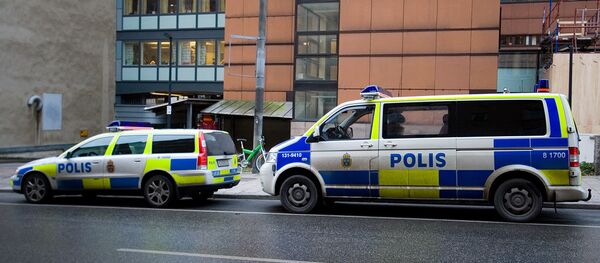According to the NGO, which is self-described as politically and religiously independent, every tenth student in northeastern Gothenburg expressed sympathies for religious extremism. According to figures from the Swedish Security Police SÄPO, Gothenburg, which is Sweden's second-largest city, produced a third of Swedish jihadists in the Middle East.
Earlier in November, it was reported that only a third of Swedish municipalities had an action plan against violent extremism. For many, the planned work has not even started yet, Swedish newspaper Svenska Dagbladet reported.
According to Yassin Ekdahl, committee secretary under National coordinator against violent extremism, psychiatrists may step in to prevent exploitation by radicals.
"The goal is to catch them early so that they do not fall into recruiters' claws. I'm not talking about hardline ideologies, but rather about mentally disturbed people," Yassin Ekdahl told Swedish Radio, claiming the need for clearer guidelines for collaboration between medics, police and security services.
"It is about identifying and targeting mentally ill people who are being drawn into these [extremist] environments," Helena Persson, a section manager at Järva Psychiatric Clinic told Swedish Radio. Persson went on to suggest that besides terrorists, both left- and ring-wing extremists may take advantage of the mentally ill.
According to terror expert Hans Brun of both King's College in London and the Swedish National Defense College, the terrorist threat must be reckoned with. Brun especially warned of "lone wolf tactics."
"Yes, it is a problem that we are constantly living with. <…> A fairly long series of terrorist attacks in Europe has been committed by lone wolves, and this kind of offenders is the one that is most difficult to spot," Brun told Swedish national broadcaster SVT.
Since 2010, Sweden has maintained a level three terrorist threat on a five-point-scale. In 2015, the terrorist threat was temporarily upped to level four.






